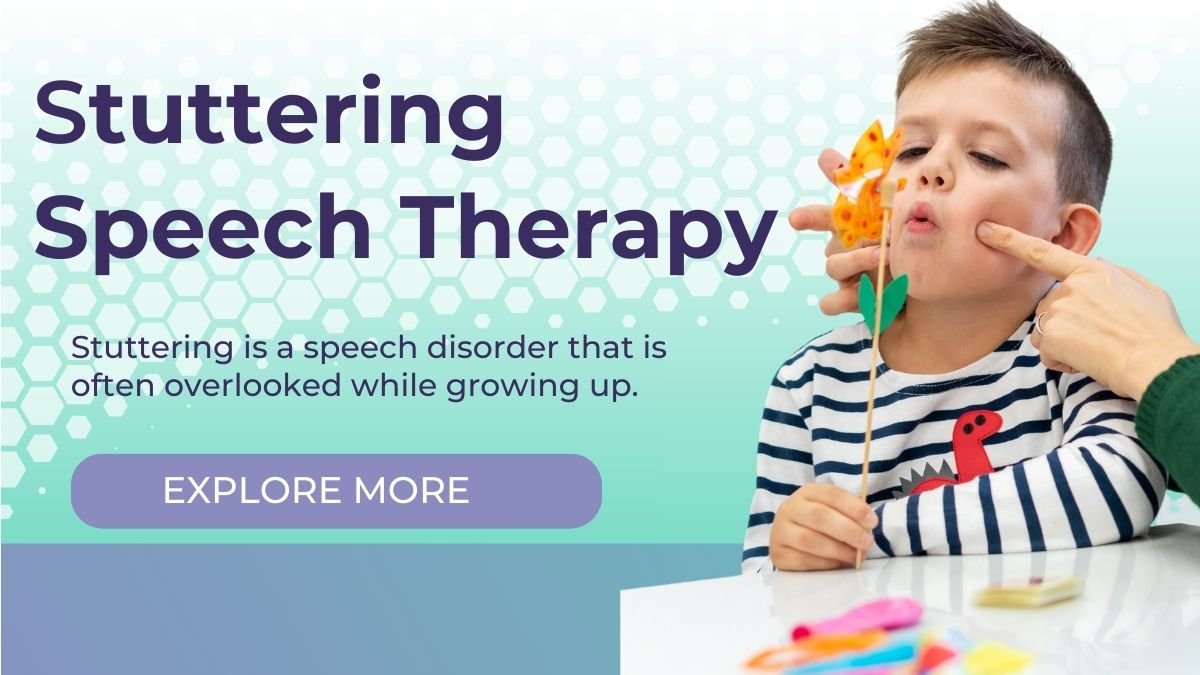Stuttering is a speech disorder that is often overlooked while growing up. People who stutter always find it difficult to speak properly. The common symptoms of stuttering are prolongation of words and sound blockage while speaking. But, stuttering speech therapy can help with the condition.
If you just take the statistics of America, over three million children and adults are affected by this condition. Even though Stuttering affects people from all age groups, you will notice it more among kids between the age of 2 to 6 years. Approximately 75% of these candidates stop stuttering as they grow up, but 25% of these candidates might have to spend their adulthood with this condition.
Another form of stuttering is the neurogenic stuttering and psychogenic stuttering, which can be developed due to strokes, brain injury, and emotional trauma consecutively. Unfortunately, this condition is not curable, but with the right speech therapy for stuttering and continuous practice, the condition can improve.
In this article, we will be discussing the 5 ways that can help with stuttering:
- Speak Slowly
One of the first recommendations made by a speech therapist is to speak slowly. Even those who have normal speech tend to stammer when speaking in a rush. So, the first thing you need to do is take a deep breath, think, and then speak. This will help you control the prolongation and blocks in your speech. Even if you are speaking in public, do not panic, and take your time.
- Practice Breathing
People with stuttering problems find it difficult to speak clearly when they are in stress and panic. The only way to control your speech during this time is to breathe-in and breathe-out. Breath in and hold it for a few seconds, before exhaling. Breathing exercises reduces tension, ease up your nerves, and allows you to focus. Repeat these moments a few times and you will regain control over your speech.
- Speak on a Rhythm
Some people find it easy to speak when they follow a rhythm. For example, when you speak, tap your feet at a rhythm and follow this rhythm to speak. It is also a way to turn your focus away from what’s going around and concentrate on the syllables.
- Record Yourself
If you are practicing every day, it is also important that you record your progress. The best way to do so is by recording yourself and then listening to it carefully to understand the progress. This will help you recognise the words and phrases where you stutter the most or what is your trigger point.
- Seek Professional Help
In case, stuttering is interfering with your daily life and causing distress, you need to seek professional help. A speech therapist can provide specialized speech therapy and techniques to help you improve speech fluency and communication.
Keep in mind that the success of the above-mentioned tricks varies from person to person. With practice and patience, you can learn to speak more fluently and communicate more effectively. Plus, stuttering speech therapy is the best way to recover from this condition.



